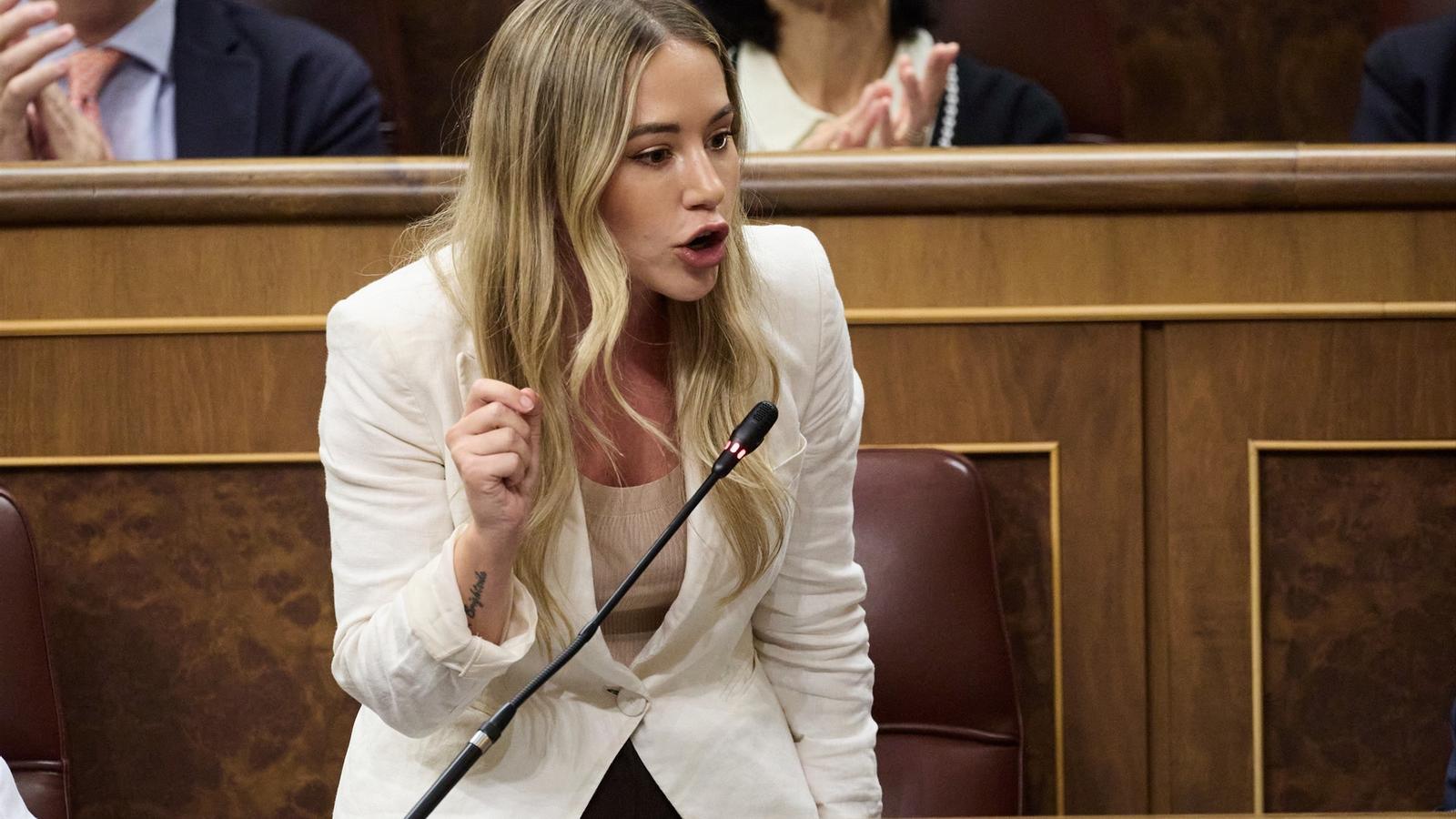

This summer's political farce is the parade of fake CVs appearing in the PP, Vox, and PSOE, which has so far led to the resignation of three public officials: Noelia Núñez, who was a deputy for the PP in Congress and who had invented up to four degrees (a well-paid future awaits her in trashy television), the Minister of Forestry Management and Rural World of the Junta de Extremadura, Ignacio Higuero (from Vox, an invented degree) and the very veteran leader of the socialists José María Ángel Batalla, who had been mayor, senator, and regional secretary, and who had recently been appointed government commissioner for reconstruction after the DANA (resume under investigation by the Anti-Corruption Prosecutor's Office). These are the only resignations, but not the only cases. In particular, the PP, faithful to the poor aim with which it conducts its campaign against corruption and tricks in public life, is, as always, the party that accumulates by far the most cases of leaders who have tried to falsify their academic records (Pablo Casado's brilliant university career is worthy of mention).
What makes so many people in Spanish politics want to pretend they have qualifications they don't actually have? Evidently, the imposture responds to these people's attempt to pass themselves off as someone they are not, and therefore, to deceive the public, the voters, the taxpayers. We can interpret this as an intention to present credentials that will allow them to climb higher and faster in the ranks of power. And in the end, we will surely find, by force, vanity, the desire to adorn themselves, to appear in public in the manner these people dream of.
There's probably quite a bit of this. But, in addition, there are customary elements in the background. On the one hand, what in the Spanish tradition is called picaresque, which is nothing more than the feeling of someone who believes themselves to be smarter than others despite being nothing more than a true snob. On the other hand (surely related to the previous one, but more perverse), there is a certain tradition of conflictual relationships with the world of knowledge, culture, the arts, and sciences. On the one hand, there is the desire for studies as an element of validation or as an instrument of social advancement, but on the other, there is the suspicion of knowledge and culture, a powerful hatred that is usually slowed down by the fact that displaying it is rather embarrassing, but which is now also unabashedly championed by American Trumpism and all its ilk. On the one hand, it's hard on university students and people in the cultural sphere; on the other, I'm also as much of a university student and I know as much as anyone. The result, grotesque, as usual, is visible in episodes like this one involving fake resumes. Also in certain media outlets that want to make it seem like they have keys to current events that no one else has, and in the immense number of ghosts that swarm through the underworld of social media.

